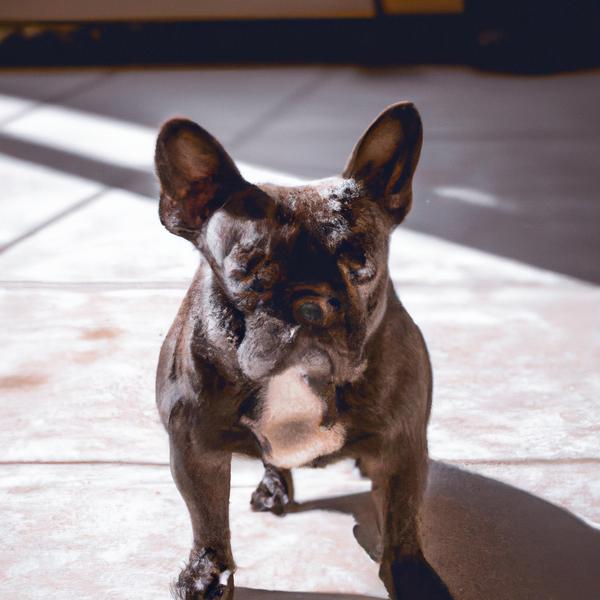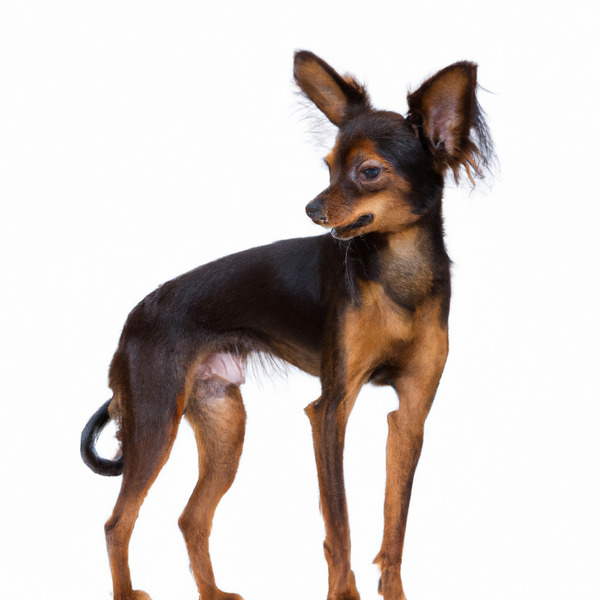Frenchnese vs. Russian Toy: Breed Differences and Similarities
Hypoallergenic
Are Frenchneses or Russian Toys hypoallergenic, or neither?
Unfortunately, neither Frenchnese nor Russian Toy are hypoallergenic, which may not make them the best choice for dog lovers who suffer from pet allergies.
Temperament
What are the personalities of Frenchnese and Russian Toy dogs?
Playful
Alert
Intelligent
Responsive
Affectionate
Patient
Lively
Gentle
Companionable
Keen
Easygoing
Athletic
Bright
Sturdy
Amiable
Charming
Active
Loyal
Protective
Cheerful
Playful
Shedding Level
Do Frenchneses shed more than Russian Toys, or which breed sheds more, Frenchneses or Russian Toys?
Frenchnese or Russian Toy dogs are low shedders. The coat sheds an average amount and doesn't require much care.
Origin
What is the origin of Frenchnese and Russian Toy dog breeds?
United States
Russia
Ancestry
What are the origins of Frenchnese and Russian Toy breeds?
French Bulldog and Havanese
English Toy Terrier, Toy Spaniel
Date of Birth
When were Frenchnese and Russian Toy breeds first developed?
Unknown
20th Century
Eye Color Possibilites
What are the eye colors of Frenchnese and Russian Toy dogs?
Brown
Brown
Nose Color Possibilites
What are the natural nose colors of Frenchnese and Russian Toy?
Black
Black
Coat Color Possibilites
What are the natural colors of the coat for Frenchnese and Russian Toy breeds?
Brindle
Fawn
White
Black
Sable
Gray
Black
Blue
Brown
Red
Sable
Coat Length
What is the typical coat length for Frenchnese and Russian Toy breeds?
The coat of Frenchnese and Russian Toy dogs is longer than that of the typical dog.
Coat Density
What is the density of the coat of Frenchnese and Russian Toy?
Coat Texture
What is the hair texture of Frenchnese and Russian Toy?
Straight
Litter Size
What is the usual litter size for Frenchnese and Russian Toy?
A Frenchnese can have a litter of 1-9 puppies on average. However, it's worth noting that the size of the litters can vary greatly. Factors that can influence litter size include the health of the mother, breeding history, and genetics.
A Russian Toy can have a litter of 11-13 puppies on average. However, it's worth noting that the size of the litters can vary greatly. Factors that can influence litter size include the health of the mother, breeding history, and genetics.
Adaptability
Frenchneses are highly adaptable and versatile, making them excellent companions for families and individuals of all lifestyles.
Russian Toys are known for their adaptability and can adjust well to different environments and lifestyle changes.
Health Issues
Between Frenchnese and Russian Toy, which breed is more prone to health problems?
While the Frenchnese breed is generally healthy, occasional vet check-ups are still necessary to address any health concerns.
Russian Toys are susceptible to health issues like all breeds, so it's important to monitor their health and seek veterinary care when needed.
Major Concerns
What are the major health concerns for Frenchnese and Russian Toy breeds?
Cataracts
Hip Dysplasia
Legg-Calve Perthes Disease
Patellar Luxation
Minor Concerns
What minor health issues should be kept in mind when owning Frenchnese and Russian Toy?
Patellar Luxation
Heart Conditions
Occasional Tests
What occasional tests are recommended for Frenchnese and Russian Toy breeds?
X-Rays
Urinalysis
Blood Work
Full Physical Examination
OFA
Physical Examination
Cardiac Test
Social Needs
Frenchnese vs Russian Toy social needs comparison
Frenchnese has very high social needs and requires regular mental and physical stimulation, a job or purpose, and companionship.
Russian Toy has above average social needs and thrives with interaction with humans and other dogs.
Sleeping Need
Which of the two sleeps the most/least: Frenchnese or Russian Toy?
Frenchneses have moderate energy levels and typical sleep patterns of 12-14 hours per day.
Russian Toys are active and require sufficient sleep to stay healthy.
Mouthiness
Mouthiness Comparison: Frenchnese vs Russian Toy?
Roaming urge
Frenchnese vs Labrador: Running away tendency?
Prey Drive
Frenchnese or Russian Toy - which breed has a higher level of prey drive?
Past times
What are some enjoyable activities and ways to keep Frenchnese and Russian Toy entertained?
Hiking
Fetch, Play, Walk
Activity Level
Which breed has higher energy, Frenchneses or Russian Toys?
Both Frenchnese and Russian Toy are medium-energy dogs that enjoy socializing and playing with other dogs. They may engage in casual or sustained games of chase, and occasionally have bursts of barking or racing around the house.
Tolerance of being left alone
Walks per Week
How many miles should Frenchnese or Russian Toy walk each week?
Frenchnese and Russian Toy generally need a minimum of 6 miles of walking per week, but it can be increased as long as they are comfortable with it.
Activity per Day
Do Frenchneses or Russian Toys require more exercise?
In general most Frenchneses usually need at least 60 minutes of exercise daily. This can be spread across the day and include all sorts of high-energy activities, like walking, running and playing.
In general most Russian Toys usually need at least 30 minutes of exercise daily. This can be spread across the day and include all sorts of high-energy activities, like walking, running and playing.
Grooming
Which breed is easier to maintain in terms of grooming, Frenchneses or Russian Toys?
The Frenchnese requires an average amount of grooming compared to other breeds.
The Russian Toy has low grooming needs and is easy to maintain.
Brushing Frequency
What is the recommended brushing frequency for Frenchnese and Russian Toy dogs?
Ideally, both Frenchnese and Russian Toy should be brushed at least 2 or 3 times a week (preferably daily) to improve shedding.
Brushing Tools
What brushing tools are used for Frenchneses and Russian Toys?
Dematter
Comb
Clipper
Nail Clipper
Slicker Brush
Comb
Scissors
Nail Clipper
Cups
How much food should be given to Frenchnese or Russian Toy in cups?
For an average 14-22 pound (6 - 10 kg) Frenchnese feed 1 cups daily. But, keep in mind, the amount you feed is going to be dependent on the quality of the food you are feeding.
For an average 3-6 pound (1 - 3 kg) Russian Toy feed 0.5 cups daily. But, keep in mind, the amount you feed is going to be dependent on the quality of the food you are feeding.
Daily Cost
Which breed has a higher daily cost, Frenchnese or Russian Toy?
Frenchnese and Russian Toy have a similar average daily cost of around $1.10 - $1.40.
Monthly Cost
Which breed has a higher monthly cost, Frenchnese or Russian Toy?
The average per month expenses of a Frenchnese is between $35 - $42. This makes an average of $420 - $504 per year. It will be on the higher side when the dog is still small because it will need more frequent visits to the vet, shots.
The average per month expenses of a Russian Toy is between $28 - $42. This makes an average of $336 - $504 per year. It will be on the higher side when the dog is still small because it will need more frequent visits to the vet, shots.
Sensitivity Level
How do Frenchnese and Russian Toy compare in sensitivity?
These breeds are more sensitive than others and easily overwhelmed by new surroundings and people. Frenchnese and Russian Toy need gentle handling and a calm, stable home environment with positive reinforcement training.
Apartment Friendly
Which breed is more apartment-friendly: Frenchnese or Russian Toy?
Frenchneses make excellent apartment dogs, being fairly active indoors and not requiring a yard.
The Russian Toy is a great apartment dog, thriving with sufficient exercise and time outside as part of their daily routine.
Child Friendly
Do Frenchneses or Russian Toys have a friendlier temperament towards children?
Frenchnese and Russian Toy are kid-friendly dogs. They are good with children and excellent dogs with children if they are socialized and trained at a young age.
Senior-friendly
Which dog is more suitable as a pet for the elderly - Frenchnese or Russian Toy?
Cat Friendly
Do Frenchnese or Russian Toy breeds have a better compatibility with cats?
Frenchneses are good with cats, but early training is needed to prevent chasing behavior.
Russian Toys are average in their friendliness toward cats and tend to do well with them, especially if raised together.
Dog Friendly
Which breed is more sociable with other dogs: Frenchnese or Russian Toy?
Frenchneses are friendly and active companions, and can be good family pets, though their friendliness towards other dogs may vary.
Russian Toys are average in their friendliness towards other dogs, and socialization can help.
Pet friendly
How do Frenchnese or Russian Toy dogs interact with other pets?
Stranger Friendly
Which breed is more friendly with strangers: Frenchnese or Russian Toy?
Frenchneses are friendly but may bark at strangers, and training is easy due to their intelligence.
Russian Toys are averagely friendly around strangers but benefit from early socialisation.
Playfulness
Which breed is more playful between Frenchnese and Russian Toy?
Frenchnese and Russian Toy are playful dogs. So, no matter how busy the day may get, the best thing you can do for Frenchnese and Russian Toy is to make time each day to play. It can be as little as 15-20 minutes, and it will mean the world to them.
Trainability
How do the trainability levels of Frenchneses and Russian Toys compare?
Frenchneses are popular for their ease of training and quick learning ability.
Russian Toys are usually easy to train but require consistency to fully obey commands.
Compare Frenchnese with other breeds
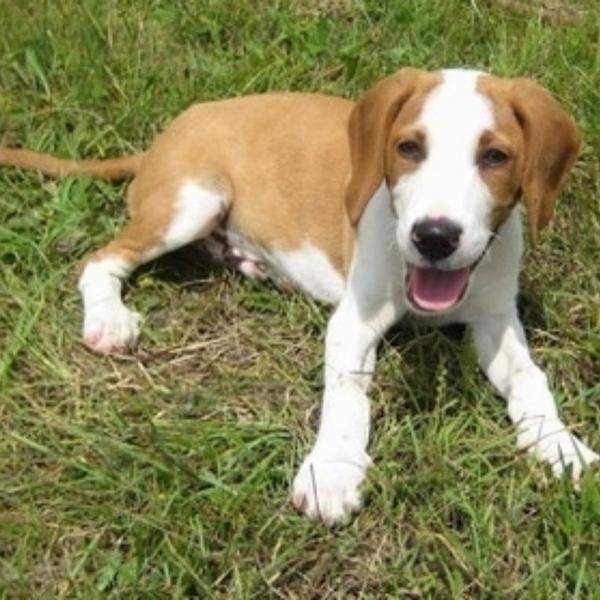
Posavac Hound
Frenchnese vs Posavac Hound
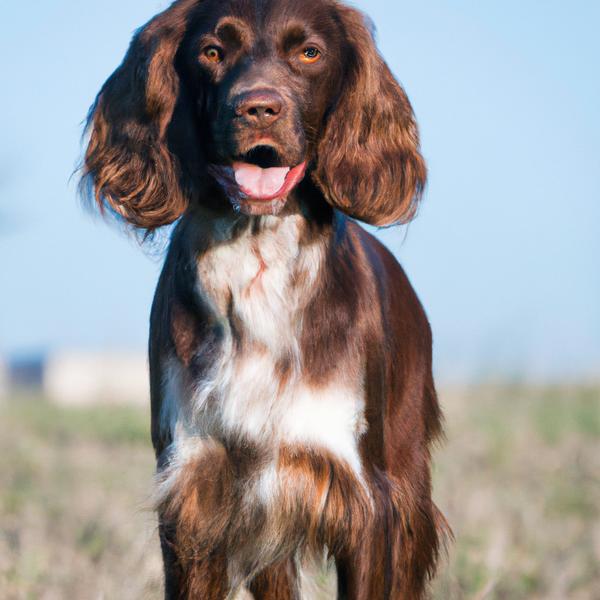
Field Spaniel
Frenchnese vs Field Spaniel
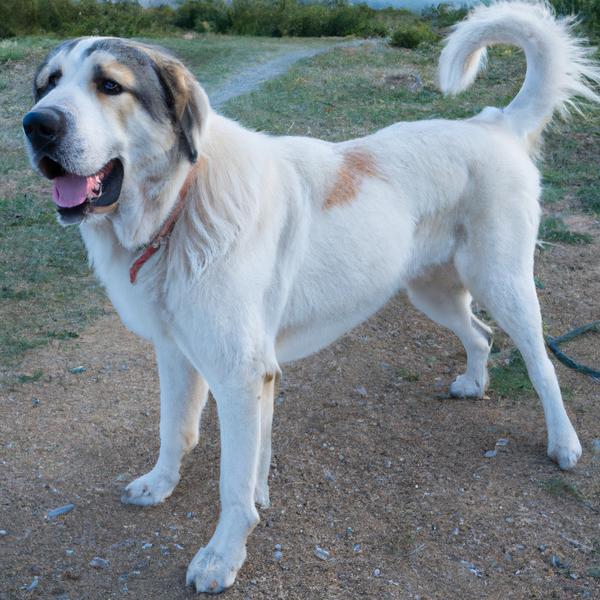
Anatolian Pyrenees
Frenchnese vs Anatolian Pyrenees
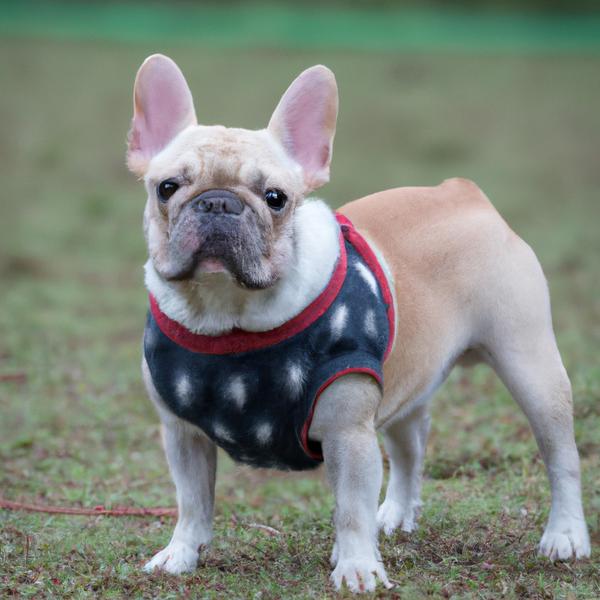
Frenchie-Pei
Frenchnese vs Frenchie-Pei
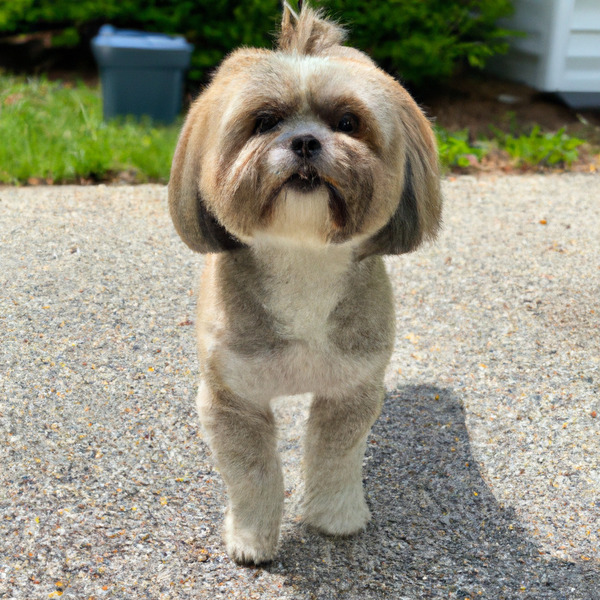
Shorkie Tzu
Frenchnese vs Shorkie Tzu
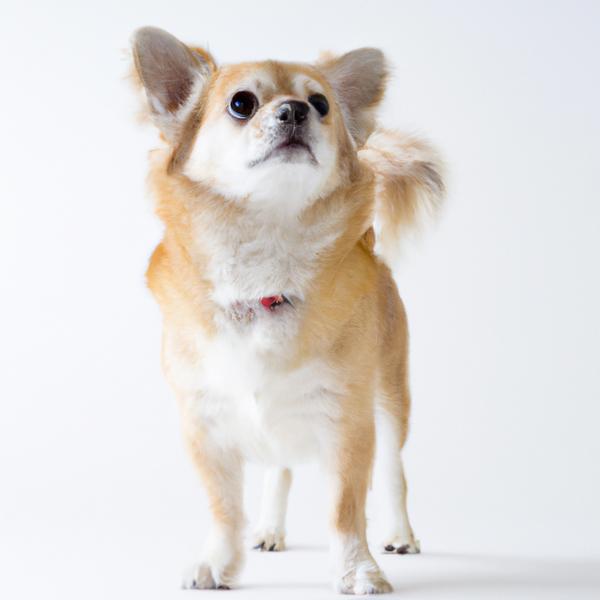
Chigi
Frenchnese vs Chigi

Shi-Beagle
Frenchnese vs Shi-Beagle
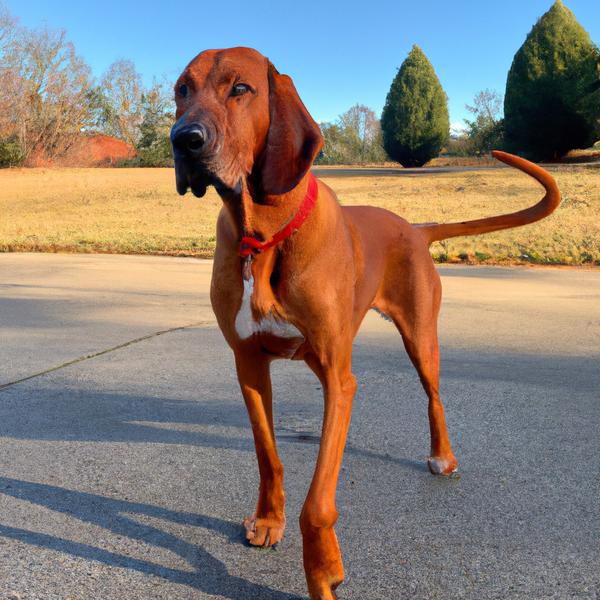
Redbone Coonhound
Frenchnese vs Redbone Coonhound
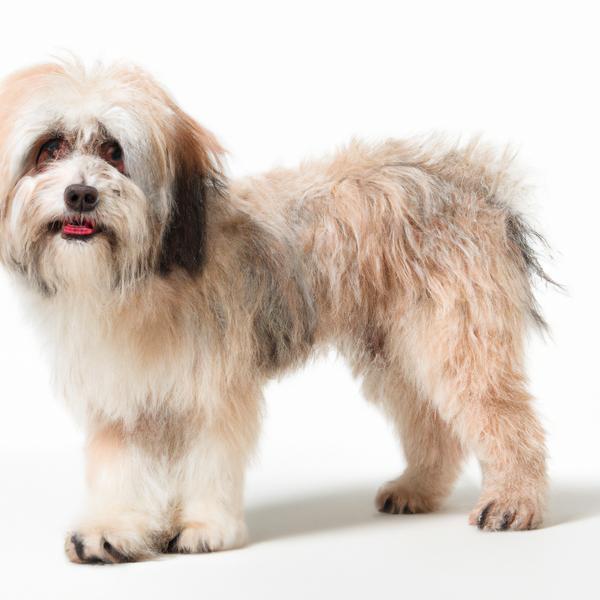
La-Chon
Frenchnese vs La-Chon
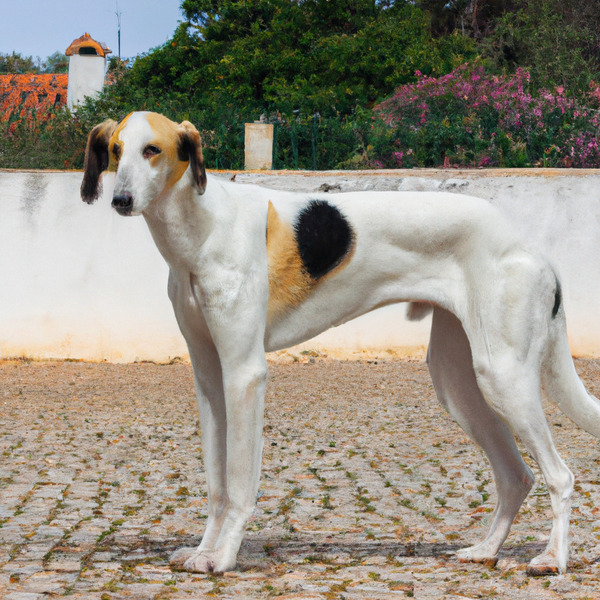
Rafeiro Do Alentejo
Frenchnese vs Rafeiro Do Alentejo
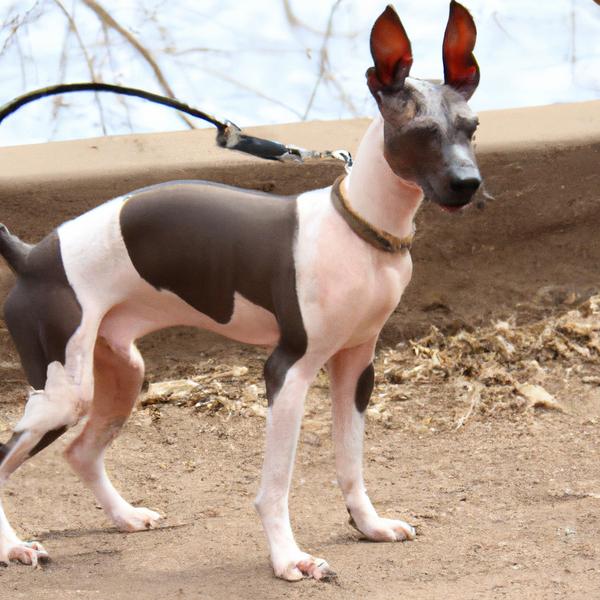
Whippig
Frenchnese vs Whippig
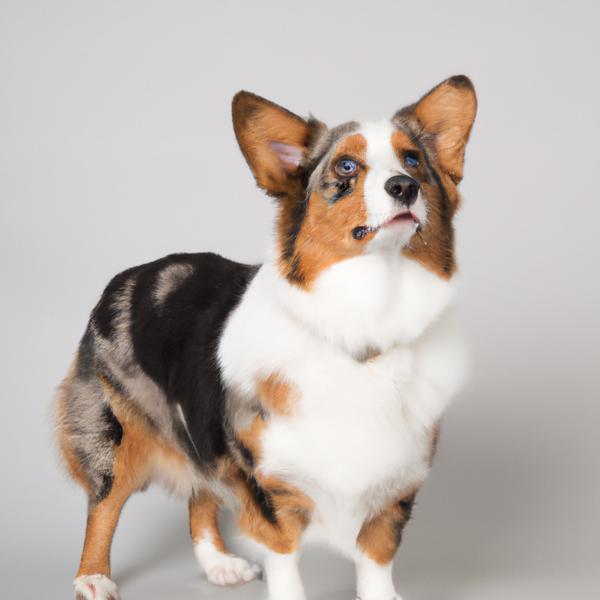
Aussie-Corgi
Frenchnese vs Aussie-Corgi
